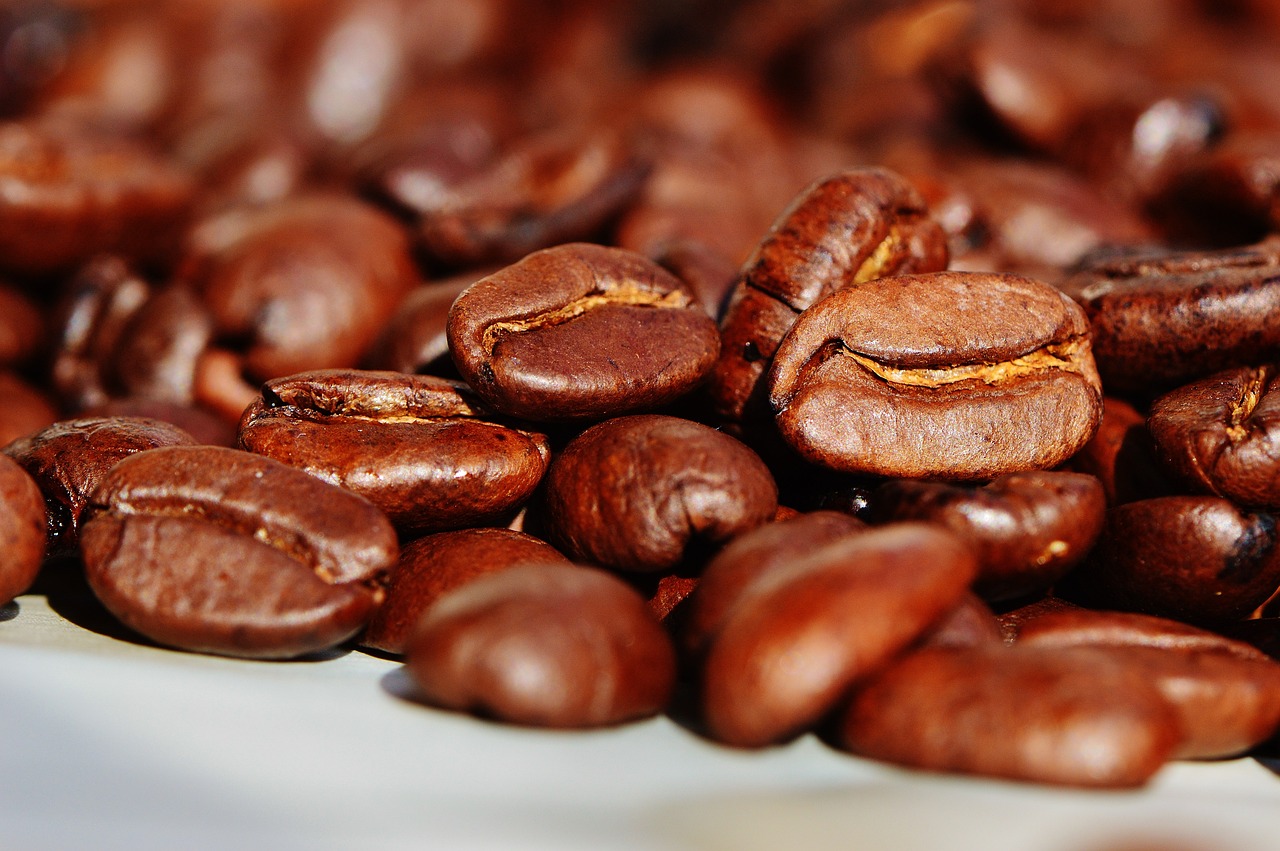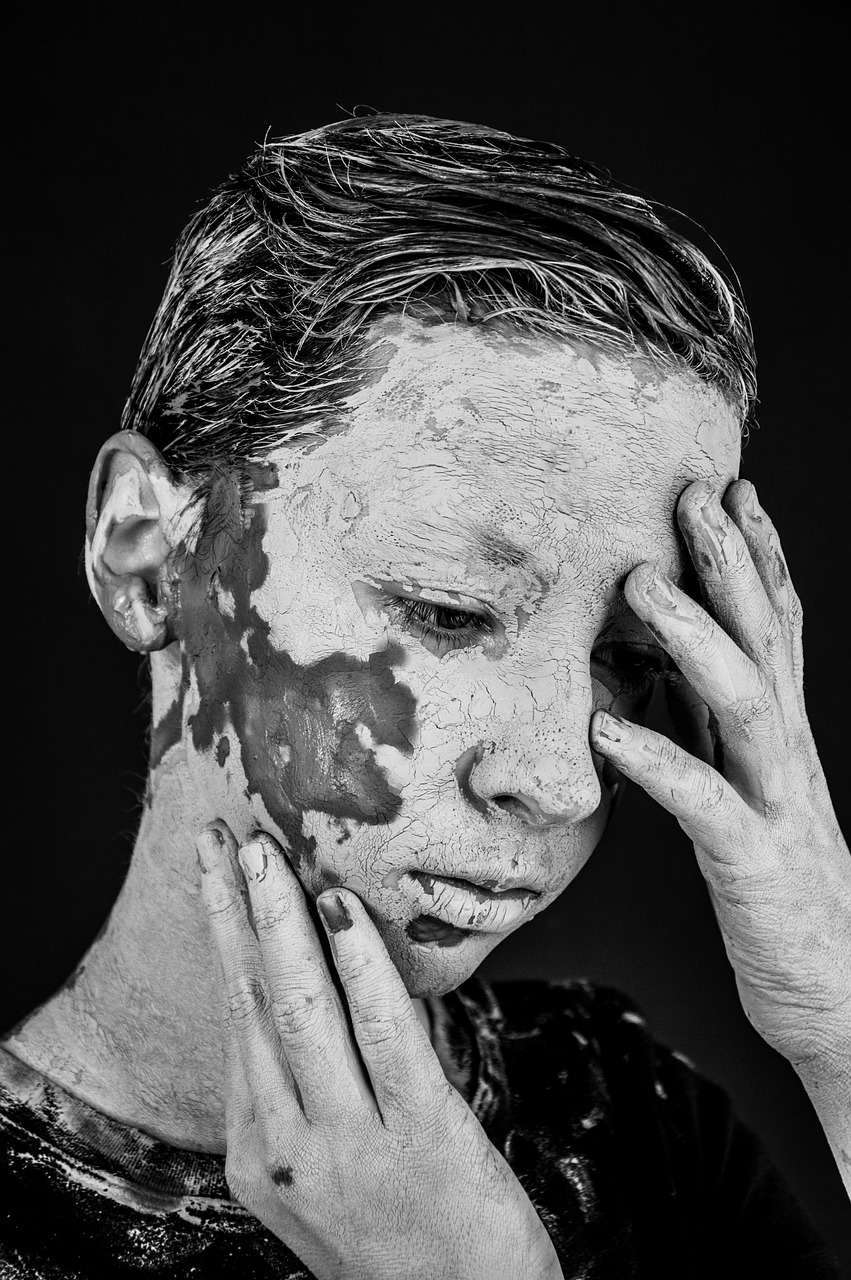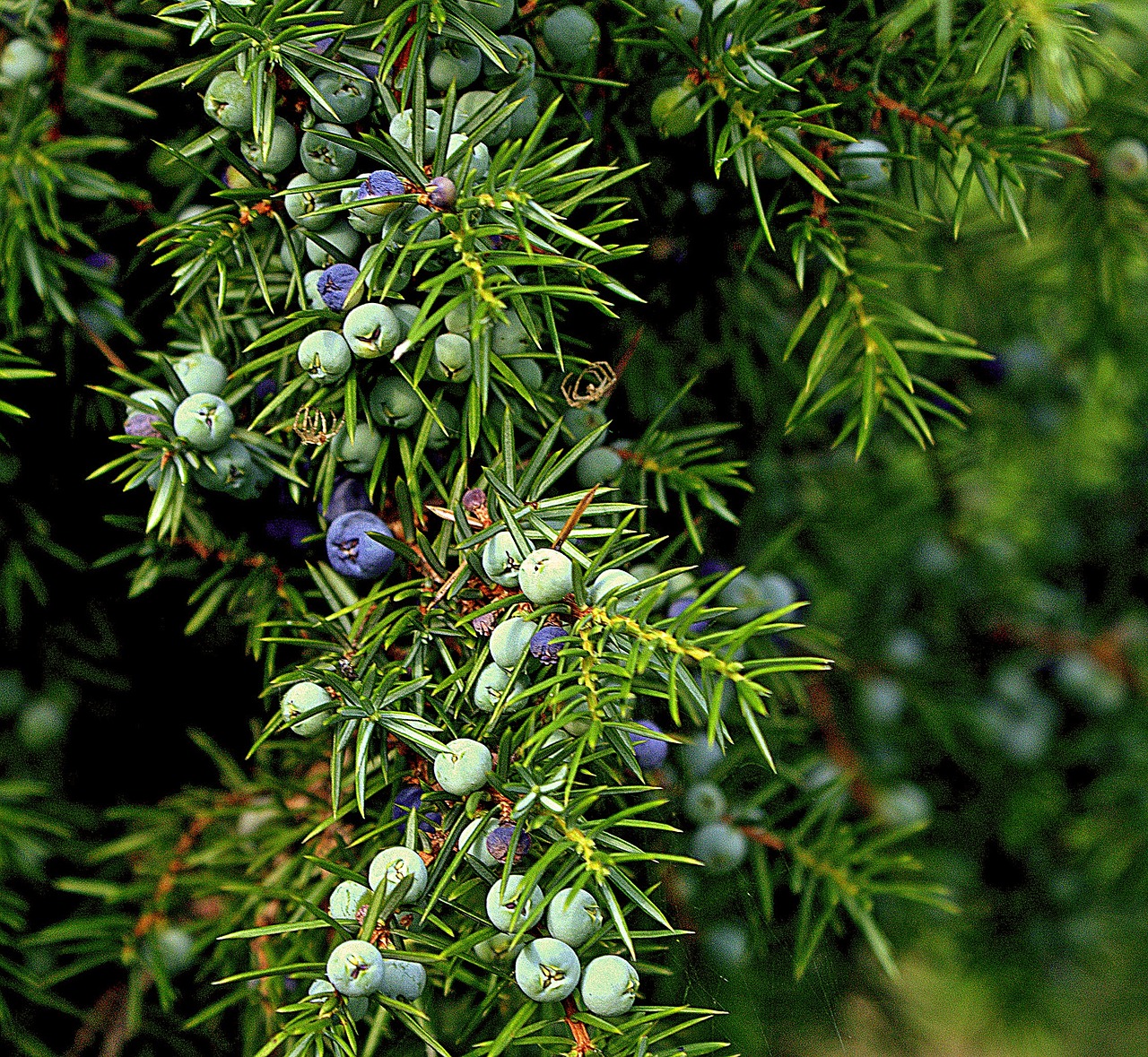Beauty
Hair Loss Treatment: The Complete Guide

What are the normal going bald treatment strategies?
Since balding in ladies and men is humiliating, we presented to you the main data concerning treatment.
One of every two individuals experiences going bald and paying little heed to what is said that ‘hairlessness is appealing’, people who experience the ill effects of serious going bald still inclined toward halting balding to choose for themselves which style suits them best.
The individuals who as of now have insight into going bald medicine and treatment can validate the street loaded with difficult costs and dissatisfactions. This cycle is generally joined by a sensation of low fearlessness, frequently connected with sensations of loss of physical appeal and maturing.
Balding medicines include burning through a ton of effort, both genuinely and as far as time and cash put resources into them.

Reasons for going bald and hairlessness
Going bald is a marvel that influences all kinds of people. Around 80% of men go bare at a specific age, 25% of ladies younger than 40 go bare and half of the ladies beyond 40 years old lose their hair fundamentally.
What the specialists say
The hair goes through the accompanying stages:
Every hair follicle has a day-to-day existence cycle that stretches out somewhere in the range of three and six years, toward the finish of which the hair drops out and another hair fills in its place.
Every hair develops from inside the follicle situated in the dermis (the inward layer of the skin).
Inside the follicle, a protein called keratin is created from which hair is delivered, and a shade called melanin, which gives hair its tone.
The nature of the hair is straightforwardly identified with the measure of creatine that the hair follicle produces.
Concerning misfortune, this is the thing that the specialists say:
In the typical case, an individual loses between 50 to 100 hairs consistently, and the development rate is 1 centimeter each month. With age, hair normally sheds, yet becomes less.
At times, balding happens because of an irregularity, for example, mental pressure, recuperation from a disease or medical procedure, a drug, or extreme climate changes.
Most specialists accept that the primary driver much of the time of going bald is the hereditary material acquired from our folks in the mix with affectability to chemicals.
There are regions in our mind where the follicles are delicate to DHT, a result of the testosterone chemical, which influences the follicles making them contract, causing the hair to become more slender and may drop out. At last, the hair follicle may quit creating hair.
For ladies, there are numerous purposes behind the marvel of going bald. The first is the hereditary – hormonal reason, as in men, even though balding in ladies will, in general, be more appropriated and ordinarily doesn’t prompt total loss of scalp hair.
Treating and halting balding
The sorts of going bald medicines are numerous and differed, for example,
Elective treatments on a plant premise.
cosmetics.
Tablets with a solution.
laser brushes.
Hair Transplant.
What might be said about DHT medicines?
Notwithstanding hair transplantation, which enjoys its benefits and drawbacks, two kinds of treatment can be recognized: some medicines emphasize diminishing the degree of DHT, and some medicines speed up hair development.
As a rule, the specialist will suggest a blend treatment. The next might be utilized:
Meds like minoxidil arrangement, nourishing enhancements (iron, folic corrosive, nutrients, and amino acids).
“Mesoterape”””” (tiny infusions of nutrients and prescriptions to the scalp).
Hormonal subsidiaries (for ladies).
Or then again drugs like Albinasteride pills (Propecia).
Just as hair transplantation in instances of sparseness.
For each situation, a dermatologist ought to be counseled concerning the suitable arrangement, as specialists prompt.
Treating going bald by changing the everyday practice
Notwithstanding medicines, if your hair starts to lose its thickness, you ought to receive a haircare schedule that keeps up with it. Here are a few hints to forestall hair sparseness – this isn’t the end:
1-shampoos and hair covers
For those with a generally sleek scalp, it is strongly prescribed to utilize a drying cleanser for the scalp skin, as this additionally stops balding. Try not to utilize a cover or emollient and it is prescribed to wash the hair consistently.
2-Tight hairpins
If you wear something that is excessively near the scalp, this can prompt going bald, a wonder called TRACTION ALOPECIA.
If the pressing factor is halted before the scars structure on the scalp, the hair will develop back to its typical position, however, if scars do shape, this can prompt irreversible going bald.
3-Stress is your main adversary!
It is realized that pressure, apprehension, and nervousness can here and there prompt an increment in the marvel of balding and even hair loss in specific spots of the head.
This marvel is known and for its treatment it is prescribed to take zinc pills, which can be purchased in drug stores without a remedy, to reinforce the hair roots and forestall going bald.
4-Short hair might be an answer
For individuals who experience the ill effects of going bald because of hormonal changes, it is prescribed to abbreviate the hair so as not to put weight on the roots and debilitate them.
5-A decent eating regimen
Helpless sustenance can influence hair. Hair is made of protein that the body produces when an individual is solid and eats decently.
An eating regimen in which the everyday calorie utilization is too low can prompt going bald because it doesn’t give sufficient energy and substances required for hair to shape.
Now and then balding happens even because of iron lack, however, it is prescribed to counsel a specialist before taking wholesome enhancements.
However, healthful enhancements can some of the time lead to the contrary interaction. As a dermatologist describes one of the bizarre wonders he experienced:
“It is realized that progesterone and male chemicals might lessen the size of the follicles, so the follicles botch certain nutrients as chemicals. This can occur with a lot of nutrient E and here and there with nutrients gathering B. So nutrients fabricated by a specific organization might make going bald decline.”””
A rising star to battle hairlessness and treat going bald
A new report in Germany tracked down another star in the battle against hair loss, espresso! The examination directed by Dr. Tobias Fischer from the University of Jena in Germany showed that caffeine assists with hindering hairlessness in men by speeding up the development of hair follicles.
Before heating the water, it is desirable to realize that analysts notice that the quantity of espresso cups needed to accomplish this objective is 60 every day, so case rest is essential to you, it is prescribed to forsake this thought. In any case, analysts stay idealistic.
“Caffeine is a notable substance, however little is thought about its impact on the pace of hair follicle development. Our examination shows that caffeine is an appropriate contender to lead the battle against hairlessness,” **Dr. Tobias told the Daily Mail.
Given the discoveries of this investigation, a German stunner organization has started fostering another caffeine-based enemy of hairlessness items. How successful it is we will find in the coming years.
The unpleasant truth: at long last hair sparseness is coming
The primary trouble in battling the battle against hair loss lies in the total shortfall of hopefulness. You might win a year, two, or five years – in the long run, hair loss will win.
The daring among long-term going bald individuals surrendered and rather than burning through a huge number of dollars on these items, they contributed two or three hundred and got themselves a razor.

Beauty
Benefits of coffee for hair and ways to use it

Benefits of coffee for hair
Coffee has gained popularity not only as a beverage but also as a potential ingredient for hair care. Here are some potential benefits of coffee for hair and different ways to use it:
- Stimulates hair growth: The caffeine present in coffee is known to stimulate hair follicles and promote hair growth. It may help increase blood circulation to the scalp, providing essential nutrients to the hair roots.
- Reduces hair loss: Coffee may help inhibit the effects of DHT (dihydrotestosterone), a hormone associated with hair loss. Applying coffee topically may block DHT and reduce hair fall.
- Adds shine and luster: Coffee can add shine and luster to dull hair. It may enhance the natural color and make the hair appear more vibrant.
- Strengthens hair strands: The antioxidants present in coffee, such as polyphenols, can help strengthen the hair shaft, reducing breakage and split ends.
- Acts as a natural hair dye: Coffee can act as a natural dye, particularly for dark hair. It may provide subtle brown tones or enhance existing brown color.

Here are a few ways to use coffee for hair:
- Coffee rinse: Brew a strong cup of coffee and let it cool. After shampooing your hair, pour the coffee over your hair and massage it into the scalp. Leave it on for a few minutes before rinsing thoroughly.
- Coffee hair mask: Mix brewed coffee with a natural hair mask ingredient, such as plain yogurt or coconut oil. Apply the mixture to damp hair and leave it on for 20-30 minutes before rinsing.
- Coffee oil treatment: Infuse coffee grounds in warm coconut or olive oil for a few days. Strain the oil and apply it to the scalp and hair, massaging gently. Leave it overnight and wash it off the next morning.
- Coffee spray: Brew a strong cup of coffee and allow it to cool. Transfer it to a spray bottle and spritz it onto your hair as a leave-in conditioner. Avoid using too much to prevent staining.
Remember to perform a patch test before applying coffee or any new ingredient to your hair or skin to check for potential allergic reactions. Additionally, individual results may vary, so it’s important to experiment and find the method that works best for your hair type and needs.
Beauty
Skin Pigmentation Natural Remedies

Natural recipes for the treatment of skin pigmentation
Skin pigmentation refers to the darkening or discoloration of the skin, often caused by various factors such as sun exposure, hormonal changes, aging, or certain medical conditions. While natural remedies can help improve the appearance of pigmentation, it’s important to note that they may not eliminate the issue. It’s always a good idea to consult with a dermatologist for an accurate diagnosis and appropriate treatment options. Here are a few natural recipes that you can try:
Lemon Juice and Honey Mask:
- Mix equal parts lemon juice and honey.
- Apply the mixture to the affected areas.
- Leave it on for 20 minutes before rinsing with lukewarm water.
- Repeat this remedy a few times a week.
Note: Lemon juice may cause skin sensitivity, so it’s essential to perform a patch test before applying it to larger areas. Additionally, avoid sun exposure after using lemon juice on the skin as it can cause photosensitivity.
Aloe Vera Gel:
- Extract fresh gel from an aloe vera leaf.
- Apply the gel directly to the pigmented areas.
- Leave it on for 30 minutes before rinsing with water.
- Repeat this process daily for several weeks.
Turmeric and Milk Paste:
- Mix 1 teaspoon of turmeric powder with enough milk to form a paste.
- Apply the paste to the affected areas.
- Leave it on for 20-30 minutes before rinsing with water.
- Repeat this remedy a few times a week.

Potato Juice:
- Grate a potato and squeeze out the juice.
- Apply the juice to the pigmented areas using a cotton ball.
- Leave it on for 20 minutes before rinsing with water.
- Repeat this process daily for a few weeks.
Apple Cider Vinegar Toner:
- Dilute apple cider vinegar with an equal amount of water.
- Apply the mixture to the affected areas using a cotton ball.
- Leave it on for 5-10 minutes before rinsing with water.
- Repeat this process once daily, gradually increasing the exposure time.
Remember, it’s important to be consistent and patient when using natural remedies. If you don’t see significant improvement or experience any adverse reactions, discontinue use and consult a dermatologist for further guidance.
Beauty
Juniper Berries: Benefits & Uses

6 BENEFITS & USES OF JUNIPER BERRIES
Juniper berries, the fruit of the juniper tree (Juniperus communis), have been used for various purposes for centuries. Here are six benefits and uses of juniper berries:
- Culinary Uses: Juniper berries are commonly used as a spice in cooking, particularly in European cuisines. They have a unique flavor profile that is often described as piney, citrusy, and slightly peppery. Juniper berries are a key ingredient in dishes like sauerkraut, pickles, game meats, and certain spirits like gin.
- Digestive Aid: Juniper berries have been traditionally used as a digestive aid due to their carminative properties. They can help relieve symptoms such as bloating, gas, and indigestion. Juniper berries are sometimes used to make herbal teas or tinctures that can support digestive health.
- Antioxidant Properties: Juniper berries are rich in antioxidants, including flavonoids and polyphenols, which help protect the body against oxidative stress and free radicals. Antioxidants are beneficial for overall health and may help reduce the risk of chronic diseases.
- Diuretic Effects: Juniper berries are known for their diuretic properties, meaning they can increase urine production and promote detoxification. This effect can help reduce water retention, support kidney function, and flush out toxins from the body.
- Respiratory Support: Juniper berries have been used in traditional medicine to support respiratory health. They may help alleviate symptoms of respiratory conditions like coughs, bronchitis, and congestion. Juniper berry essential oil is sometimes used in aromatherapy or as an ingredient in chest rubs.
- Skin Care: The antimicrobial and anti-inflammatory properties of juniper berries make them beneficial for skin health. Juniper berry extract or oil is often used in natural skincare products to help soothe and cleanse the skin, treat acne, and reduce inflammation. However, it’s important to note that juniper berry oil can be irritating to some individuals, so it should be used with caution and in diluted form.
While juniper berries offer potential benefits, it’s important to consult with a healthcare professional before using them for therapeutic purposes, especially if you have any underlying health conditions or are taking medications.

WAYS TO USE JUNIPER BERRIES
There are several ways to use juniper berries in various forms. Here are some common methods:
- Culinary Use: Crush juniper berries using a mortar and pestle or a spice grinder and use them as a spice in cooking. They are often used in marinades for game meats, stews, sauerkraut, and pickles. Juniper berries can also be added to spice blends or used to flavor sauces and soups.
- Herbal Tea: Juniper berries can be used to make herbal tea. Crush a few berries and steep them in hot water for about 10 minutes. The resulting tea has a distinct flavor and can be consumed on its own or blended with other herbs for added benefits.
- Infused Spirits: Juniper berries are a primary ingredient in gin, contributing to its characteristic flavor. You can infuse spirits like vodka or gin with juniper berries to create your own flavored alcoholic beverages. Simply add crushed berries to the spirit and let it steep for a few days or weeks before straining.
- Tincture: Juniper berry tincture is made by soaking crushed berries in alcohol, such as vodka or brandy, for several weeks. This creates a concentrated liquid extract that can be used in small doses for digestive support or other medicinal purposes. Consult an herbalist or follow a trusted recipe for proper tincture preparation.
- Aromatherapy: Juniper berry essential oil is used in aromatherapy for its therapeutic properties. It can be diffused in a room to promote relaxation, added to bathwater for a soothing experience, or used in massage oils for its rejuvenating effects. Ensure to follow proper dilution guidelines and consult a qualified aromatherapist for guidance.
- Skincare Products: Juniper berry extract or oil is used in natural skincare products such as soaps, lotions, and creams. These products may help cleanse the skin, reduce inflammation, and promote overall skin health. Ensure to follow the instructions provided by the product manufacturer.
Remember to use juniper berries in moderation and consult a healthcare professional or herbalist for personalized advice, especially if you have any specific health concerns or are taking medications.
DISCOVER THE MANY USES OF JUNIPER BERRIES
Juniper berries have a wide range of uses across various domains. Here are some additional uses of juniper berries:
- Natural Cleaning: Juniper berries can be used as a natural cleaning agent. Create a homemade cleaning solution by simmering crushed juniper berries in water, then strain and use the liquid to clean surfaces. The antimicrobial properties of juniper berries can help disinfect and freshen your living space.
- Herbal Medicine: Juniper berries have been used in traditional herbal medicine for their medicinal properties. They are believed to have diuretic, antiseptic, anti-inflammatory, and antifungal effects. Juniper berry extracts or tinctures can be used to support urinary health, alleviate digestive issues, and assist with joint pain.
- Craft and Decor: Dried juniper berries can be used in craft projects and as decorative elements. They add a natural touch to wreaths, potpourri, and floral arrangements. Juniper berries can also be used to create unique and fragrant homemade sachets or scented candles.
- Culinary Preservatives: Juniper berries contain natural preservatives that help inhibit the growth of certain bacteria and fungi. They are commonly used in preserving and curing meats, particularly in traditional dishes like sausages and salami. The aromatic and tangy flavor of juniper berries adds depth to preserved foods.
- Outdoor Cooking: Juniper berries can be used for outdoor cooking. They can be added to smoking chips or placed directly on charcoal to impart a distinct flavor to grilled or barbecued meats. The smoky, resinous aroma of juniper berries enhances the taste of grilled dishes.
- Potpourri and Aromatics: Dried juniper berries can be added to potpourri blends to release a pleasant and refreshing scent. Crushed juniper berries can also be used in homemade scented sachets or drawer fresheners to impart a natural aroma and help repel pests.
It’s important to note that while juniper berries have various uses, they should be used in moderation and with caution. Pregnant women, individuals with kidney disorders, or those on certain medications should consult with a healthcare professional before using juniper berries for medicinal purposes.
-

 Beauty4 years ago
Beauty4 years agoAll you need to know about the problem of excessive hair in women
-

 Nutrition4 years ago
Nutrition4 years agoBenefits of eating fruits daily
-

 Beauty3 years ago
Beauty3 years agoRecipes for hair lengthening – the fastest 8 recipes for hair lengthening and intensification
-

 Fitness4 years ago
Fitness4 years agoBack exercises and ways to apply them to get rid of problems
-

 Lifestyle4 years ago
Lifestyle4 years agoPromote a healthy lifestyle
-

 Beauty4 years ago
Beauty4 years agoBenefits of lavender – Here are more than 10 benefits of lavender for the body
-

 Beauty3 years ago
Beauty3 years agoBariatric Surgery in USA
-

 Beauty4 years ago
Beauty4 years agoBenefits of drinking olive oil for the skin and the immune system of the body





